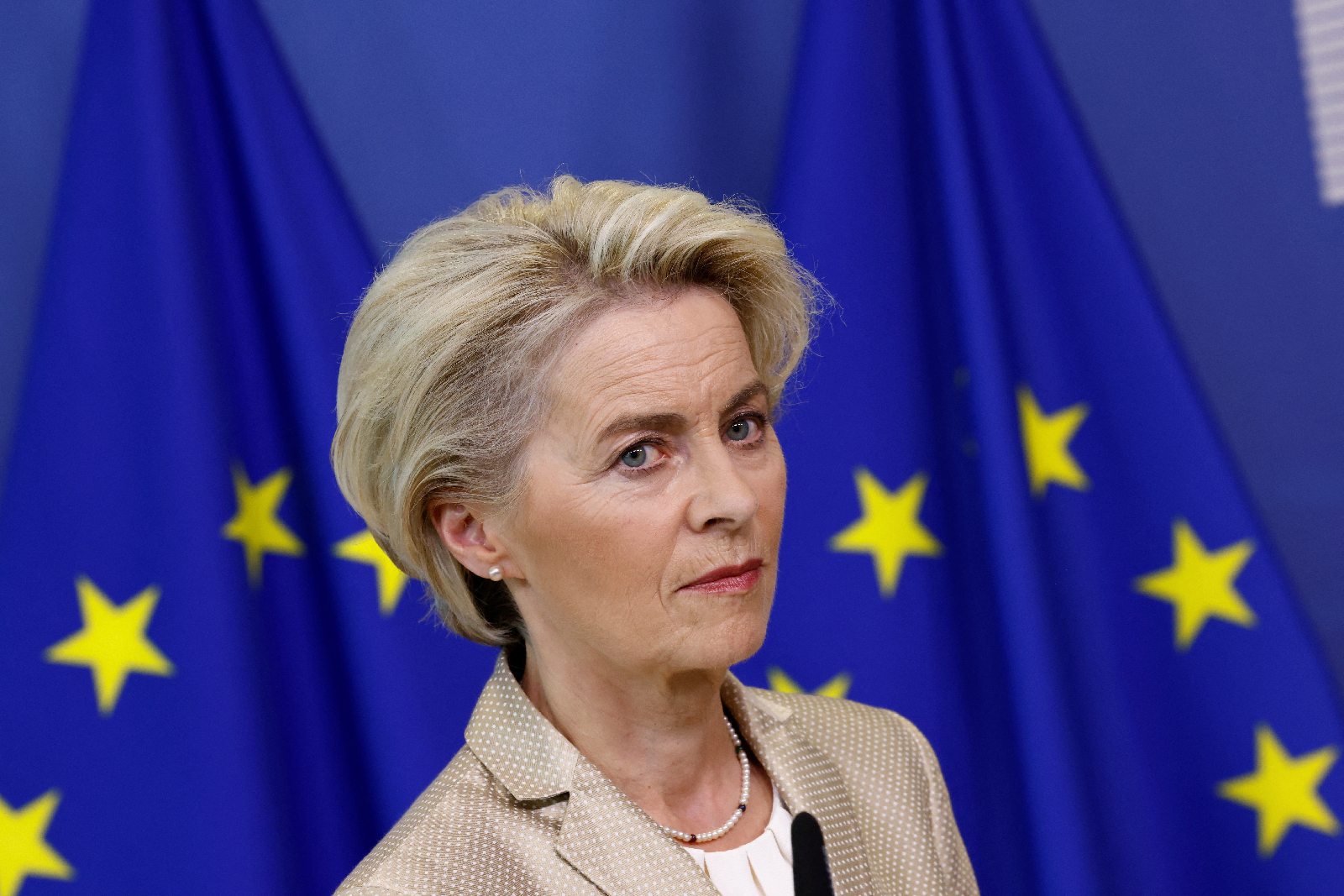In a bold move to intensify pressure on Moscow, the European Union has unveiled its most comprehensive sanctions package yet in response to Russia’s ongoing war in Ukraine.
The new measures, announced during the G7 summit in Canada, target Russia’s energy exports, financial institutions, and military-industrial complex, signaling the EU’s unwavering commitment to curbing the Kremlin’s war machine.
The sanctions come in the wake of one of the deadliest Russian attacks on Ukraine in recent months. On June 17, nearly 500 drones and missiles rained down on Kyiv and other cities, killing at least 16 people and injuring over 100. Ukrainian President Volodymyr Zelensky condemned the assault as “pure terrorism” and called on Western allies to respond with decisive action. The EU’s latest sanctions appear to be just that.
Among the most significant elements of the new package is a proposed ban on all new contracts for Russian natural gas imports starting next year. Existing short-term contracts will be phased out within 12 months, and long-term agreements must end by 2027. This marks a dramatic shift in Europe’s energy policy, as the bloc seeks to sever its dependence on Russian fossil fuels once and for all.
In addition, the EU is cracking down on Russia’s so-called “shadow fleet” of oil tankers used to circumvent existing sanctions. Nearly 200 vessels have been blacklisted, and companies involved in their operation—some based in the UAE, Türkiye, and Hong Kong—are now subject to asset freezes and service bans.
The EU estimates that these measures have already slashed Russian oil revenues by billions of euros.
The sanctions also extend to Russia’s military supply chain. Over 45 companies and individuals involved in producing drones, weapons, and critical components have been added to the EU’s blacklist. Notably, several Chinese, Belarusian, and Israeli entities are included for allegedly supplying dual-use technologies to Russia.
Export restrictions have been tightened on machine tools, chemical precursors, and other goods that could enhance Russia’s military capabilities.
Financially, the EU has imposed new restrictions on Russian banks and intermediaries operating in third countries. A full transaction ban now applies to institutions suspected of helping Moscow evade sanctions.
The oil price cap has also been lowered from $60 to $45 per barrel in an effort to further choke off revenue.
European Commission President Ursula von der Leyen emphasized the urgency of the measures, stating, “We must put more pressure on Russia to secure a real ceasefire and bring them to the negotiating table.
Sanctions are critical to that end.” She also warned of the growing nexus between the Ukraine war and Middle East instability, citing the use of Iranian-made drones in both theaters.
Despite the sweeping nature of the sanctions, some EU member states—particularly Hungary and Slovakia—have expressed reservations. However, the Commission has structured the measures to require only a qualified majority vote, bypassing the need for unanimous approval.
As the war grinds on into its fourth year, the EU’s latest sanctions package represents a significant escalation in the West’s economic warfare against Russia.
Whether it will be enough to alter the Kremlin’s course remains uncertain, but the message from Brussels is clear: the cost of aggression will only continue to rise.














.jpg)
.jpg)




0 Comments